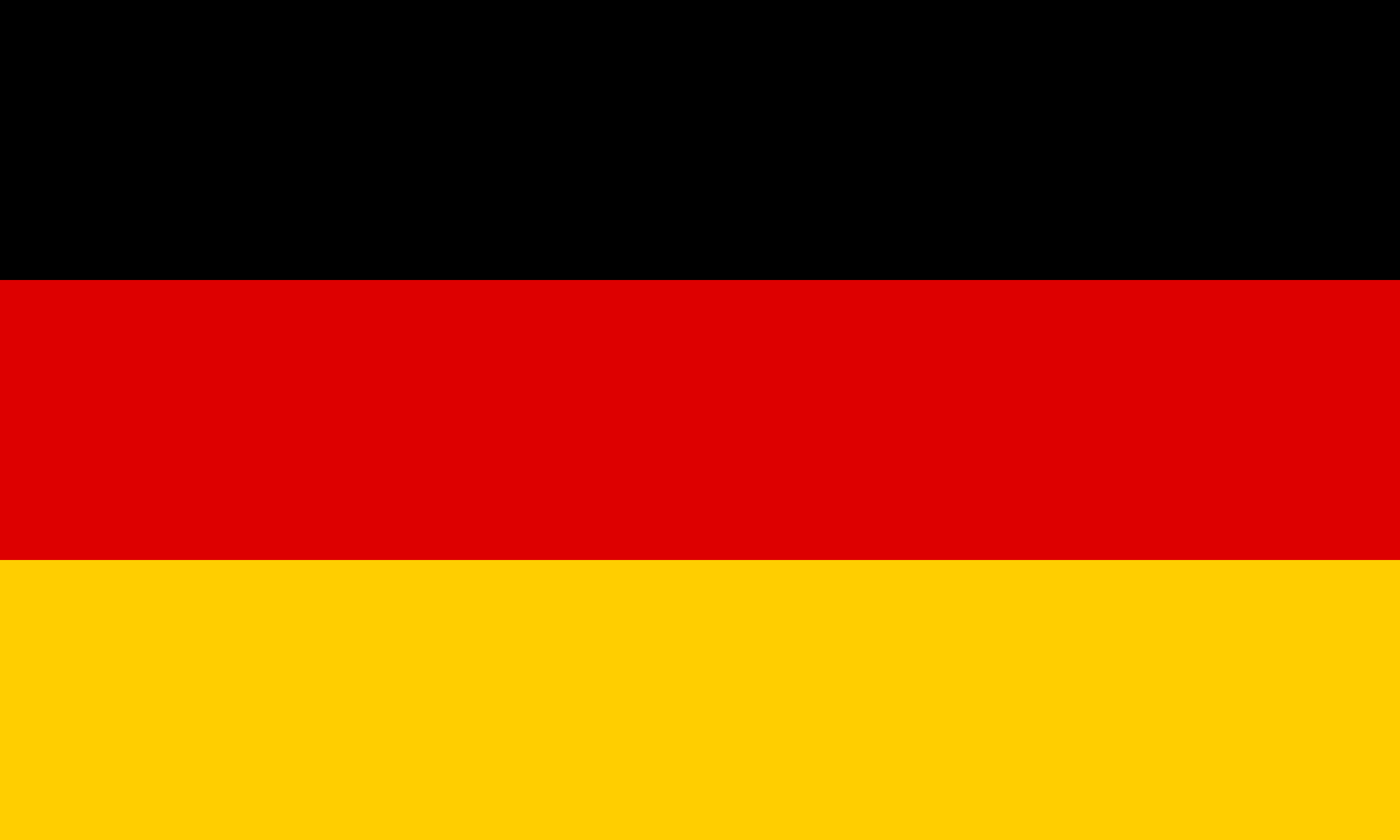GAP Prize Question
For the first time the GAP presented a prize question on a socially relevant issue of particular topicality in 2015.
Jury Decision on GAP Prize Question 2015: »Which and how many refugees should we admit?«
The GAP is very pleased about the great response with which its prize question about our moral obligations towards refugees has been received by the public. A total of more than one hundred articles were submitted. Among the authors were numerous graduate and doctoral students, young researchers and university professors.
The essays were evaluated by an international jury of nine professors in a fully anonymous procedure. From a final selection of best essays, the jury awarded prizes to the following three authors:
- 1st Prize: Dr. Matthias Hoesch (Münster University)
Abstract:
There are at least three reasons why we have obligations to refugees: a general duty of assistance, an obligation based on the principle of territorial justice, and duties of restitution. From these three reasons, different criteria can be derived as to which state should admit which refugees and to what extent. If all potential admitting countries were ready to meet their obligations to an appropriate extent, we could specify a fair share for each admitting country. However, because many states in fact admit fewer refugees, the question arises as to whether other states should compensate for this shortcoming. Assuming that massive disadvantages for our population can be avoided, it is here argued that we must accept, without limitation, all those refugees who are on our territory or on its borders, whose return to their home country would be unacceptable; and who we cannot effectively transfer to another potential admitting country that has not fulfilled its obligation to the extent that we have fulfilled ours.
- 2nd Prize: Marcel Twele (Humboldt University Berlin)
Abstract:
In light of the current »refugee crisis«, we as a European society increasingly raise the question as to what we owe to refugees morally. In this essay I argue that, first, the (universal) human rights prima facie morally oblige us to give every refugee the help needed to protect her essential interests; secondly, that it is of no significance whether a political or economic refugee is concerned; thirdly, that we must grant asylum to refugees if we are not willing or able to aid in any other way; and, fourthly, that we are exempted from this obligation if our own well-being is unduly impaired by fulfilling these obligations; however, I show that, fifthly, this case would only occur under special circumstances, which are not to be expected for the time being.
- 3rd Prize PD Dr. Fabian Wendt (Bielefeld University)
Abstract:
Justice is an important value, but only one among many. What one morally ought to do depends not only on justice, but also on other values. For the question of which and how many refugees we should admit, the value of social peace is of central importance. The essay first discusses refugee policies from the perspective of justice. As justice and social peace are sometimes considered to be closely linked in one way or another, the essay then tries to show that social peace is in fact an independent value and distinct from justice. In a third step, refugee policies are discussed from the perspective of social peace.
These and seven other essays selected by the jury will appear in a Reclam volume with the GAP Prize Question as title in May 2016 (edited by Thomas Grundmann and Achim Stephan). Beforehand, the three awarded essays will appear in a major German newspaper. The other contributions to the book include the essays by Jan Brezger, Prof. Dr. Marie-Luisa Frick, Prof. Dr. Bernward Gesang, Simeon Imhoff, Dr. Matthias Katzer, Dr. Norbert Paulo, Patrick Thor.
We congratulate the award winners and authors of the book contributions, but would also like to thank all other participants for their contributions. With their essays, all of them have helped to make a highly emotional debate that is dominated by political fringe groups more rational.
The award ceremony for the GAP Prize Question, followed by a public discussion, will be held on May 11, 2016 at Cologne University.
GAP Prize Question 2015
The large influx of refugees from Syria, Iraq, Afghanistan and Africa is an expression of deepest human suffering and currently one of the most pressing political and humanitarian challenges for Germany and Europe. On the one hand, the right to asylum is anchored in the universal declaration of human rights. On the other hand, the integration of millions of refugees poses a challenge that could threaten the stability of a democracy. In light of the varying and controversial opinions on the subject, the aim of GAP’s prize question is to provide some normative guidance in the debates surrounding the refugee crisis from a philosophical perspective. The focus here is to clarify the moral obligations we have towards refugees.
In view of the current situation, the GAP calls on philosophers of all qualifications (from student to professor) to participate in the competition. The essays should be argumentative and clearly written, but also comprehensible for a wider public. Footnotes should therefore be largely omitted. The essays should not exceed 4,000 words. The three best essays shall be published in the Neue Züricher Zeitung, and a larger number of selected essays in an anthology with Reclam. The aim is to provide good arguments to stimulate a reasonable public debate.
An independent jury will award the following prizes:
1st Prize €3,000, 2nd Prize €2,000, and 3rd Prize €1,000.
The essays are to be sent until January 15, 2016 in electronic form, anonymized and with a separate cover sheet, to This email address is being protected from spambots. You need JavaScript enabled to view it.. For further information, please contact Dr. Joachim Horvath (This email address is being protected from spambots. You need JavaScript enabled to view it.).
